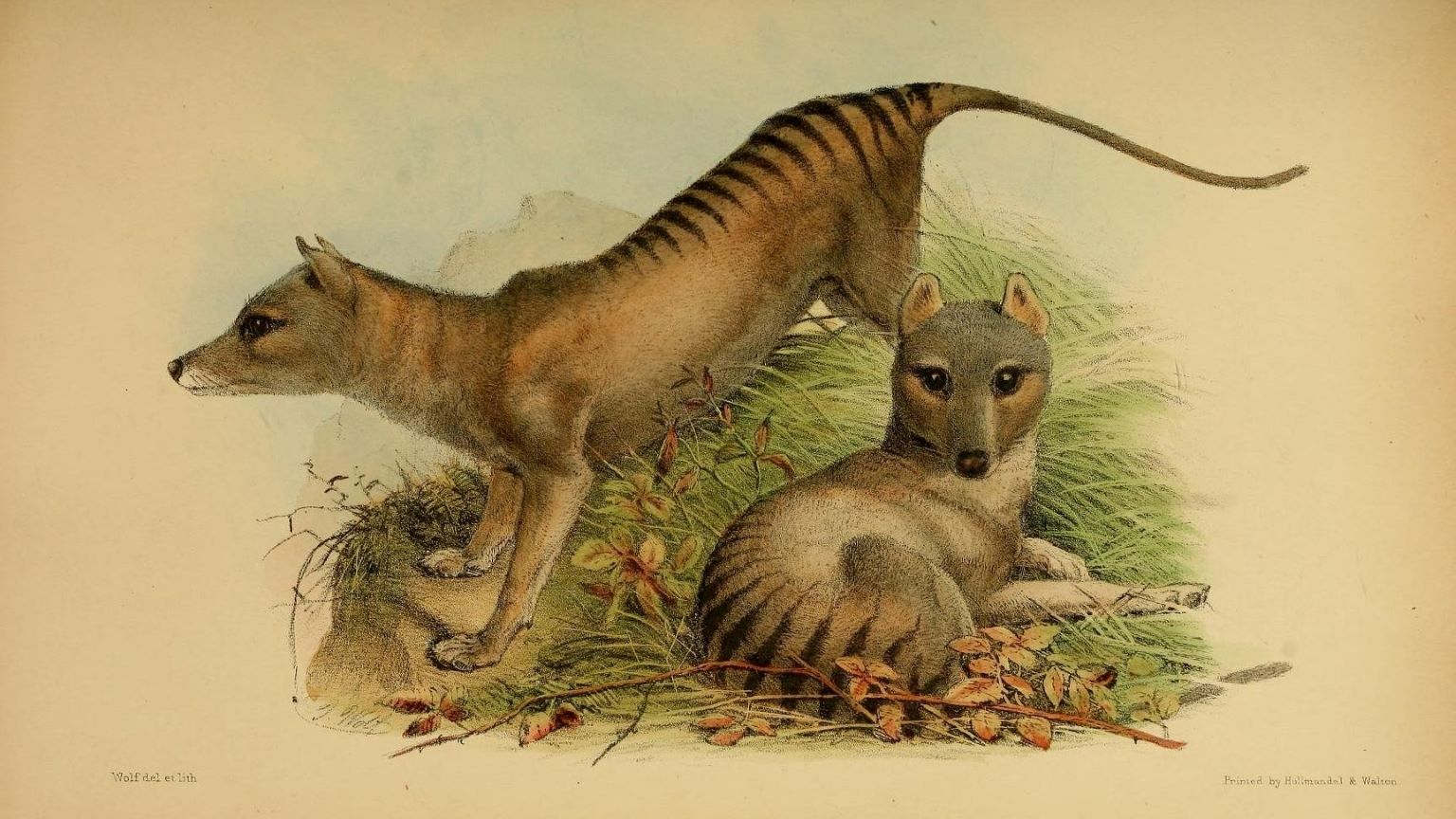To Know, Or Not To Know? The Question of Genetic Testing

If you were at risk for a degenerative, terminal disease, and you had the chance to see what your future held, would you take it?
That’s the question the viewer is forced to wrestle with in The Lion’s Mouth Opens, a documentary short whose subject, writer and actress Marianna Palka, has a family history of Huntington’s Disease. Having watched her father and two cousins suffer through the condition, which is described in the film as “Parkinson’s and Alzheimer’s at the same time,” Palka knows its brutality all too well. She also knows, because one of her parents was affected, that she has a 50 percent chance of inheriting the “defective gene” for Huntington’s. Those with the genetic predisposition typically start to show symptoms around their late 30s and early 40s. What begins with abnormalities of behavior and mood later turns physical, as tremors throughout the body cause sufferers to be either highly immobile or wheelchair-bound. Eventually, victims of Huntington’s experience a profound loss of cognitive function.
Genetic testing offers those at risk for Huntington’s the chance to find out what awaits them during middle age, though the film notes that less than 10 percent of at-risk individuals actually opt to find out ahead of time. For Palka, who was 32 years old at the time of filming, the choice is clear: She gets tested because she wants the chance to either prepare for the worst, or unburden herself from unnecessary worry. This differentiates her from the majority of individuals who choose not to be tested; many in Palka’s position prefer not to take the risk of carrying around a death sentence for years, before symptoms even materialize.
The Lion’s Mouth Opens joins Palka the night before she receives the results of her genetic test. Several of her friends join her for dinner; the occasion is fraught with concern, anticipation, and tear-filled reminiscing. At one point, Palka recites (from memory!) Bob Dylan’s Last Thoughts on Woody Guthrie, a 1,700-word poem that Dylan wrote as a eulogy to the iconic folk singer, who died from Huntington’s at the age of 55. A certain excerpt, from which the film’s title is taken, cuts to the heart of the complex emotions that Palka experiences:
And the lion’s mouth opens and you’re starin’ at his teeth
And his jaws start closin’ with you underneath
And you’re flat on your belly with your hands tied behind
And you wish you’d never taken that last detour sign
In preparing to receive the results of her test, Palka is in an incredibly vulnerable position; her future is entirely at the mercy of a single piece of paper. Once she discovers the truth, she cannot ignore it or turn back, whether it’s a death sentence or a stroke of good luck. Even as capabilities in genetic testing increase, many people will shy away from the deterministic, no-way-out timeline it offers to patients.
While genetic testing is an important resource for those who choose to pursue it, there is no known cure for Huntington’s Disease, and even early detection can do little to halt its progress. A beautiful film, The Lion’s Mouth Opens is a testament to the wealth of information that medical science can provide, but it’s also a solemn reminder that foreknowledge doesn’t always make life any easier.





